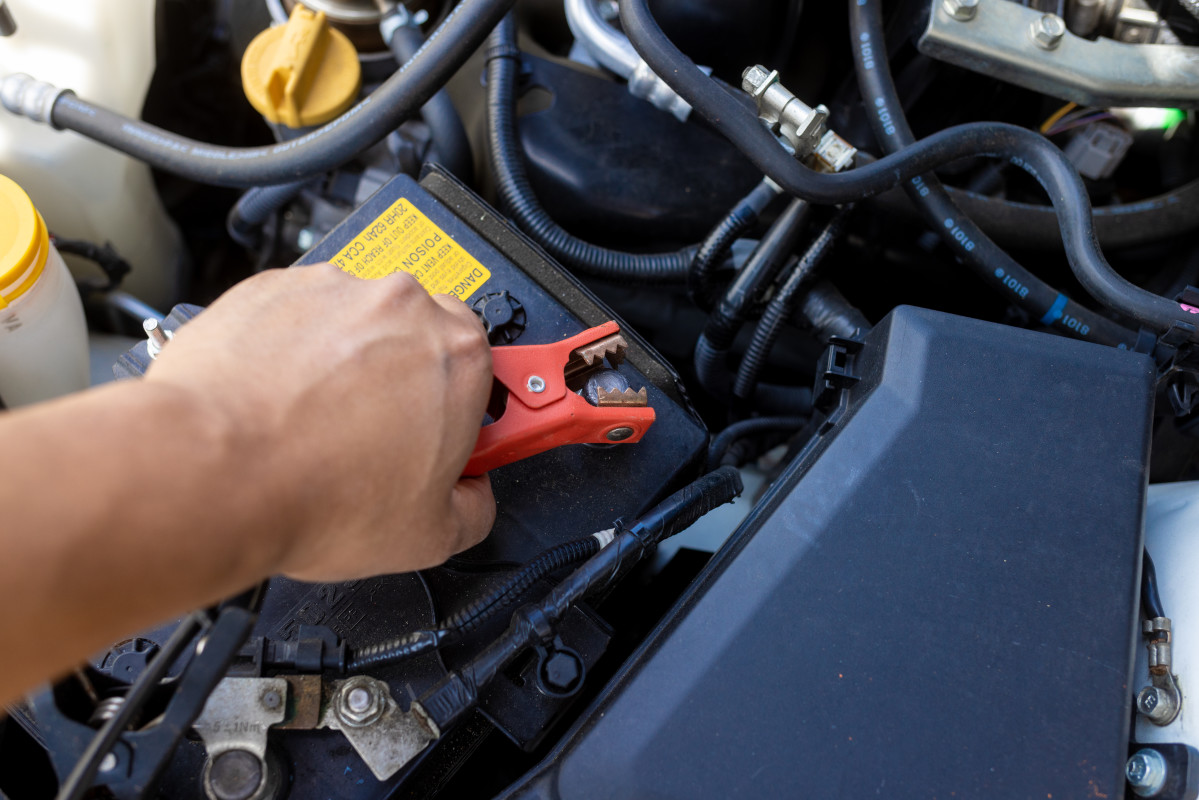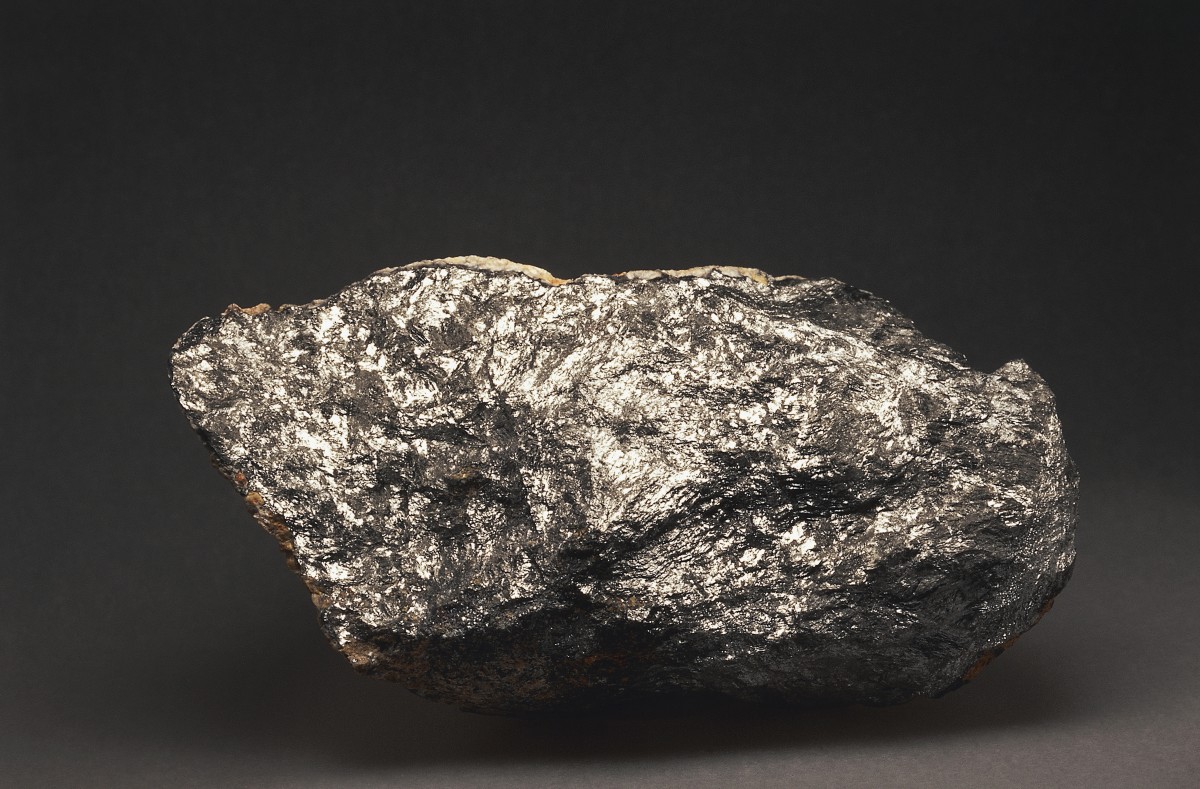Antimony Anxiety in Auto Manufacturing

The auto industry is encountering a bottleneck with antimony, a mineral critical to lead-acid batteries, stemming from China’s stringent export restrictions. Lead-acid batteries are predominantly found in conventional gas-powered vehicles, powering necessities like engine starts and dashboard functionalities. But this isn’t just a gas guzzler issue. Antimony’s role trickles into electric vehicles (EVs) and flame-retardant materials too.
If the wallet winces, it’s no surprise. Antimony’s price has skyrocketed past $60,000 per metric ton, a staggering fourfold increase over last year. China, which commands 60% of global antimony production, placed antimony on its export control roster, requiring companies to secure licenses for international deals. An export ban to the U.S. that was instituted last December still adds to the tension, bringing China’s global antimony exports to a third of what they were last year.
U.S. Response

Stateside, the industry isn’t just twiddling its thumbs. While the U.S. and China have struck cashier-friendly deals over rare earth exports vital for vehicle magnet components, antimony remains off that table. Without access to Chinese supplies, some U.S. companies are resorting to gray market tactics or paying a pretty penny for stockpiled antimony.
Steve Christensen from the Responsible Battery Coalition warns that an overreliance on foreign antimony puts national security at risk. To sidestep future crises, he advises Americans to shore up domestic processing, ramp up recycling measures, and partner with reliable allies. Clarios, an influential player in battery manufacturing, is contemplating a strategic move by investing up to $1.9 billion in a domestic processing plant possibly located in Indiana, Texas, or Utah, bridging this gap effectively.
Closing Thoughts
Balancing cost and supply is crucial for car manufacturers, especially as they juggle roles between gas-powered production and developing the EV frontier. Securing dependable sources of antimony and allied minerals like rare earths will clear bottlenecks caused by nations like China. Not diversifying supply chains might find manufacturers grappling with inflated production costs just when consumers are already feeling the pinch. Without storm-proofing these supply lines, EV growth risks hitting a speed bump, and the auto industry could steer into unsteady economic curves.
Rare Yes Roadster Found
Nissan's Battery Leap
Stellantis Recalls Cars
Nissan Leaf Revamp
Engines Take Backseat